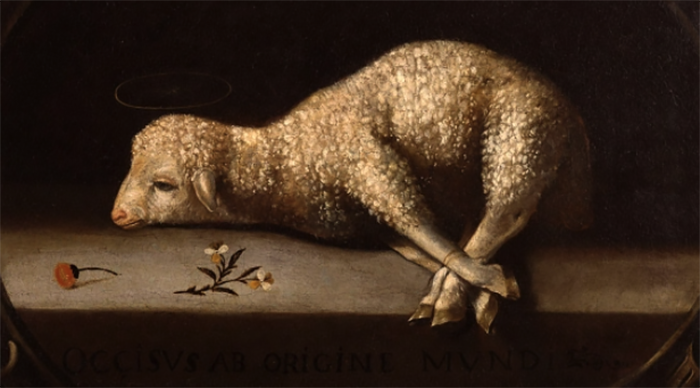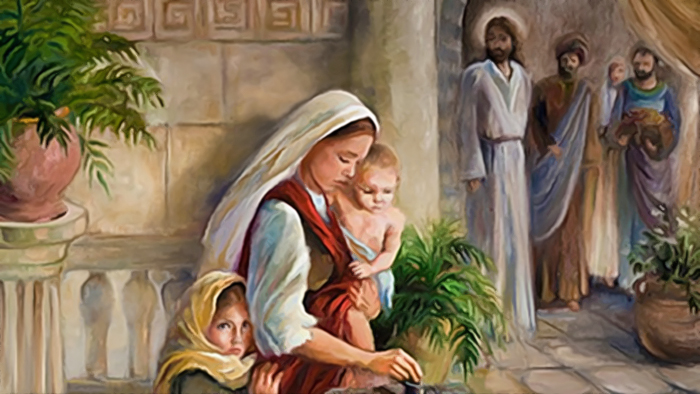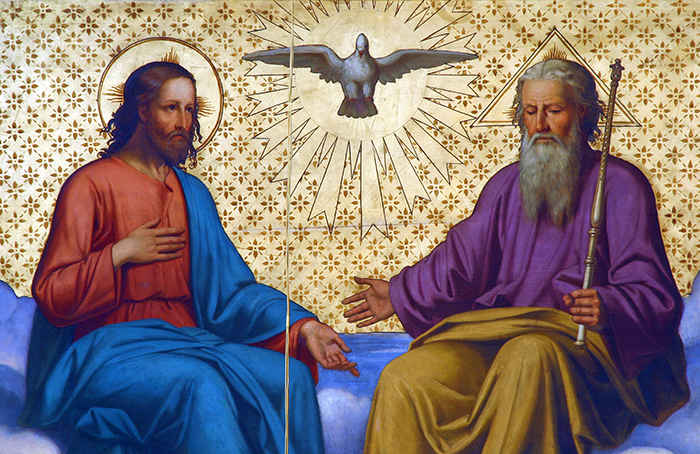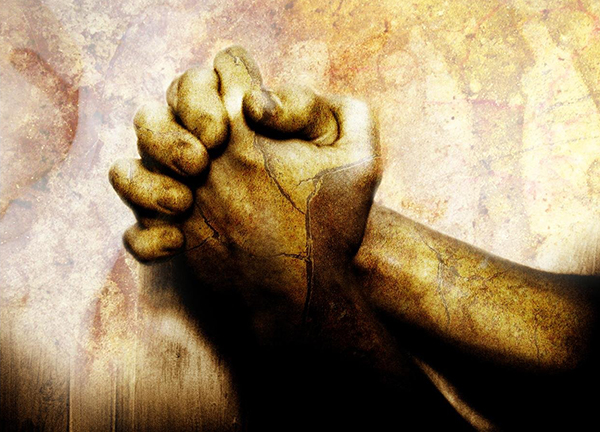
Today we celebrate the Solemnity of the Body and Blood of Christ. Jesus is telling those gathered and his disciples about the gift of his own body and blood. As Bishop Barron writes, the challenge for the Jewish people is that what they hear Jesus say is akin to cannibalism. “For a Jewish man to be insinuating that you should eat his own flesh and drink his blood was about as nauseating and religiously objectionable as you could get.” But sensing the objection, Jesus does not soften what he is saying. He becomes even more specific, “Amen, amen I say to you, unless you eat the flesh of the Son of Man and drink his blood, you do not have life within you.” Scripture says, “As a result of this, many of his disciples returned to their former way of life and no longer accompanied him” (John 6:66). Some scholars say hundreds left him. What the “many” were missing was that Jesus was speaking to them about being the new sacrifice. No longer would temple sacrifices be needed; the unblemished lamb would no longer be the sacrifice. Christ, the lamb of God, who freely gave his life for the salvation of all, became the paschal lamb. Jesus gives us his presence in His Word and his physical self. In the Holy Eucharistic, we are able, 2,000 years later, to receive Christ’s true body, blood, soul, and divinity in the bread and wine of Holy Communion. That is the power of the gift of himself. That is the power of the paschal sacrifice.









